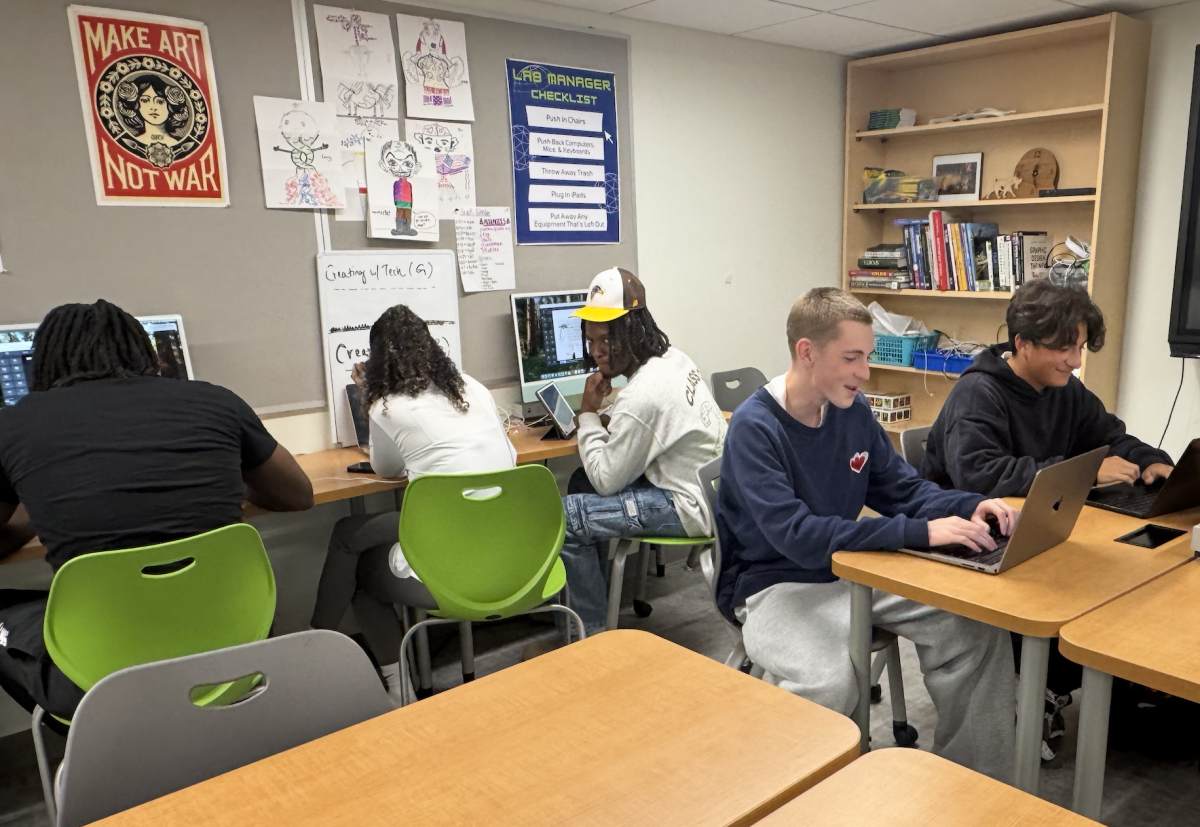YES by Janis Ng
Which college should I choose? One has a higher ranking, while the other is in my favorite city... This is one of the questions that high school seniors are grappling with, but does your choice of college really matter?
The college you choose can have a significant impact on your future. When choosing a college, one significant aspect to consider is the impact of a college’s prestige on future prospects. Evidence consistently shows that the prestige of a college has quantifiable effects on graduates’ earnings. Research data from PayScale’s College Salary Report underscores this reality: Ivy League graduates earn approximately 59% more than other graduates from non-Ivy Colleges. This stark difference starts early in a graduate’s career and widens by mid-career, showing a clear picture of the long-term financial impact of attending a high-ranking college.
While the financial benefits of attending a prestigious college are clear, it’s also important to consider the realistic prospects of achieving success without such an education. Some may argue that many successful and famous people do not have a college degree, however, according to research, the likelihood of becoming famous is about 0.0086%. Relying exclusively on the dream of being famous, without a “plan b” like a good education, is an impractical gamble.
To have a better understanding of the future benefits that a prestigious college can give, we can examine a real-life example: The founder of Space X and co-founder of Tesla and Paypal, Elon Musk. Musk studied and graduated from the University of Pennsylvania, where his studies provided him with a solid foundation in both science and business, which are crucial for his roles at different companies. Additionally, the university’s reputation and its network might have helped him in his entrepreneurial pursuits.
Other people’s opinions of students’ choices when picking a college can potentially affect how students feel about their choices. Our brain places a significant value on the opinion of others, especially those seen as experts or authority figures. Its response to social conformity indicates that agreement with others can be perceived as “rewarding”.
A study investigated how individuals’ brains react to agreeing with experts’ opinions on music. They used Magnetic Resonance Imaging (MRI) in the research and found that when participants agreed with expert music reviewers, there was significant activity in their ventral striatum, a part of the brain linked with reward processing. This suggested that social conformity, such as agreeing with experts, can be neurologically rewarding.
Applying this research to picking a college, we can infer that applicants might be influenced by the opinions of teachers, counselors, parents, or a friend regarding their college choices. Regarding prestigious colleges, applicants may perceive the option more favorably, not just because of the external advice but also due to an underlying neural response that equates this agreement with a form of “reward”.
In the end, where you go to college does matter, but it’s not the be-all and end-all. A prestigious college can certainly unlock doors to greater opportunities and richer networks, but it also depends on what you do in school and how you handle the opportunities that are given to you in the future. Your success can not be measured by what college you go to but by your actions, choices, and the way you seize life.
NO by Niamh Williams
Kylie Jenner, social media influencer and reality television star, has a net worth of roughly $700 million; Ariana Grande, actress and chart-topping singer, is worth around $240 million; Beyoncé, known for her vocals, philanthropy, and traffic-stopping beauty, is worth $540 million. So what do these women have in common besides their incomprehensible wealth? None of them attended college.
As the FSS seniors finish their first round of applications, many express fear that they will not be accepted into a “good” college or university. Schools that fall into this abstract category are generally institutions with low acceptance rates and competitive academics, like any of the Ivies. However, the college that you attend is not a determinant of your value or your potential to succeed in the world.
You are not guaranteed success by attending a top-tier institution, and not all success stories point back to competitive alma maters. Though there are majors and fields of study that benefit from a specialized and competitive education, most A-list celebrities of 2023 (not including politicians and academics) either chose not to attend college at all or dropped out before graduating.
Kanye West, regarded as one of the greatest rappers of all time, attended Chicago State and the American Academy of Art, but dropped out and later had his degree rescinded. Lionel Messi, one of the most popular current soccer players, did not attend college. Post Malone attended Tarrant County College District Office – a community college – and dropped out. Other non-graduating celebs include Drake, Rihanna, Beyonce, and Miley Cyrus, among many others.
College attendance also only became an expectation within the last 80 years or so. 15 of the U.S. presidents did not graduate from college, including George Washington and Abraham Lincoln.
An Ivy League graduate may have an easier path toward a fruitful career, but this may not satisfy individuals in the long term. Prestigious universities tend to have graduating classes between 1,000-5,000 students, according to Statista, and the average Ivy League graduate earns a notably larger yearly income than an average college graduate, but this is in no way a guarantee of happiness, stability, fame, or career satisfaction among Ivy graduates. Early career opportunities directly after graduation are very rare unless an individual is entering a competitive STEM field. Directly contrasting, STEM careers prove less successful than Humanities careers among Ivy grads, according to HuffPost. This means that no career path assures longevity, regardless of the field, even if one has a prestigious degree.
For those who are unable to afford a prestigious education, the strain of paying tuition may be too great for the education to be worthwhile. 11.6% of Americans live below the poverty line, meaning that the yearly income for almost 38,000,000 Americans is $13,788 or less. 50% of Americans are evenly middle-class, with an individual yearly income measuring between $30,000-90,000, says Investopedia. According to MastersPortal.com, the average yearly tuition for an Ivy League school is $60,000 – this being the average yearly income for a middle class individual, and more than four times the average yearly income for an individual living at or below the poverty line. Even with financial aid and loans, this is a nearly impossible undertaking for more than 61.6% of Americans.
A prestigious education, then, is a privilege solely intended for the upper-middle and upper classes, unless an individual is granted a scholarship – this does not even include endless student debt. This discounts all of the great minds who happen to be less financially stable, and also discounts the incentives for hard work and dedication. The risk factor of becoming unsuccessful or listless later in life, even after making substantial investments in prestigious schools, also complicates these circumstances. Every person’s life is a dice roll, and no person should feel that their value or potential success is determined by their ability to attend a top-tier university.
Though there are fields in which a competitive university can win you accolades and excessive wealth, one’s success is not defined by whether or not one attends a “good” university.
The content in this article is representative of the opinions of the individual student journalist and does not represent the views of Friends Select School, The Falcon team, the administration, or faculty.































